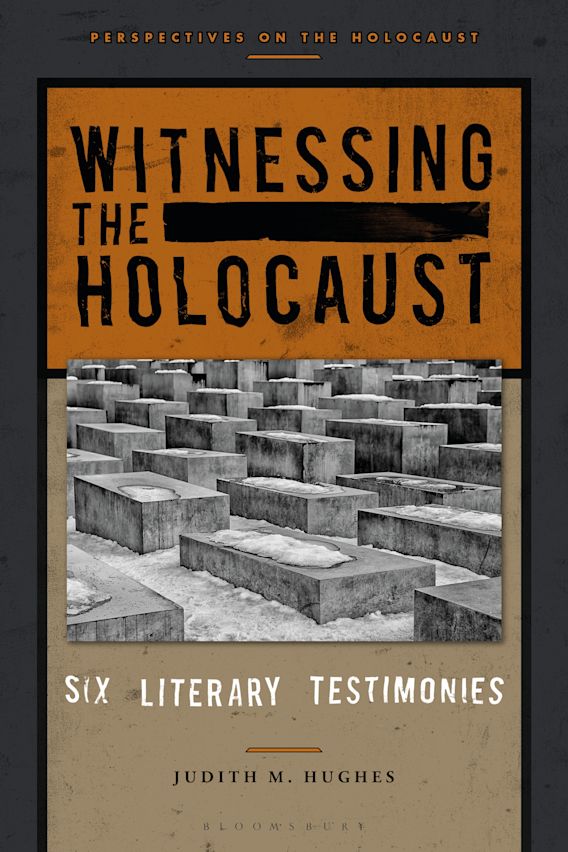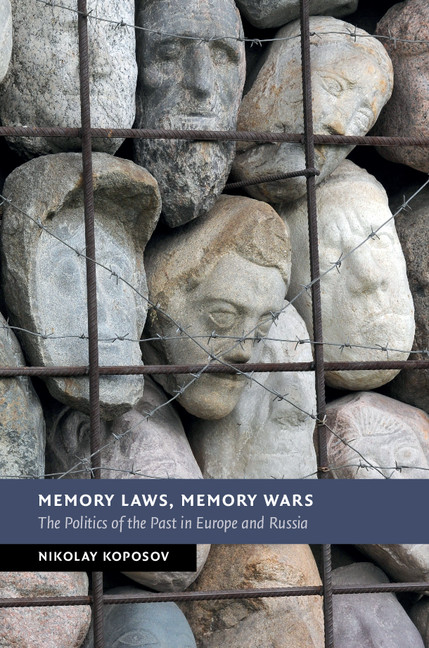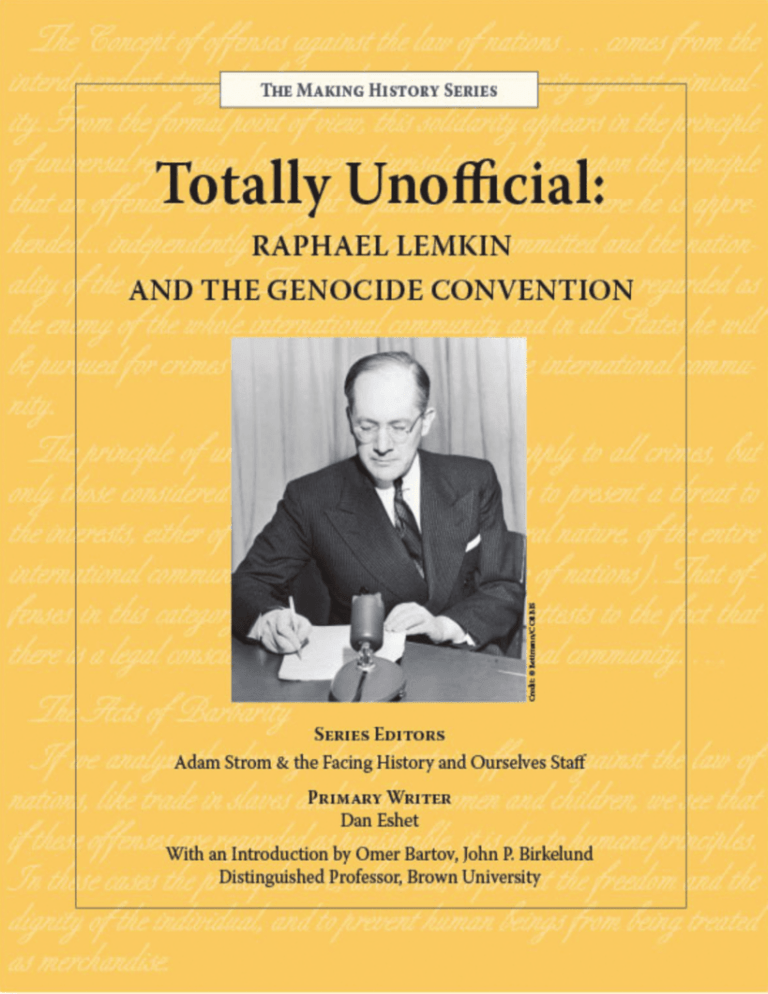
As always, the goal was political neutrality and the safeguarding of the institutional interests of the Church in a perilous political world.Ĭhurch policy toward Jews during the war can be seen in this historical perspective. Yet at the same time the Vatican strove to avoid an open breach as it was to continue to do throughout the war. The Holy See openly protested Mussolini's turn toward racism the following year. One notable occasion was March 1937, when the papal encyclical Mit Brennender Sorge (With Burning Concern) condemned the false and heretical teachings of Nazism. Nevertheless, conflict could break through the surface. The Holy See sometimes muted its opposition, usually preferring conciliation and diplomacy even on fundamental questions such as these. The tendency of fascist movements, especially Nazism, to use race as a foundation of their regimes directly challenged the Church's claims in the fields of baptism, marriage, and, more broadly, the definition of who was and who was not a Catholic. Much more important for church policy was the clash between the pseudobiological bases of racism and the fundamental principles of Catholicism and church authority. Throughout this period the Church seldom opposed anti-Jewish persecutions and rarely denounced governments for discriminatory practices when it did so, it usually admonished governments to act with "justice and charity", disapproving only of violent excesses or the most extravagant forms of oppression.

The Vatican quarreled with both Hitler and Mussolini on race, but hardly out of concern for the welfare of Jews. Littell, "Foreword" in Bonifas, Prisoner 20-801: A French National in the Nazi Labor Camps, p. "For the professing Christian, of all the questions that arise out of the study of the Third Reich and the Holocaust the most terrible are these: What were the churches doing? How could such a monstrous crime be committed in the heart of Christendom by baptized Roman Catholics, Protestants, and Eastern Orthodox who were never rebuked, let alone excommunicated? Where were the Christians?" ≿ranklin H. Beyond this, the Vatican found most aspects of right-wing regimes congenial, appreciating their patronage of the church, their challenge to Marxism, and their frequent championing of a conservative social vision.

As fascism extended its influence in Europe during the 1930s, the Vatican remained aloof, occasionally challenging fascist ideology when it touched on important matters of Catholic doctrine or the legal position of the church, but unwilling to interfere with what it considered to be purely secular concerns. Pacelli exemplified a profound commitment to the spiritual and pastoral mission of the Holy See he saw his role as avoiding association with power blocs and forging diplomatic links with conservative or even fascist regimes. During political storms of the depression years, this tradition was interpreted by Eugenio Pacelli, Cardinal Secretary of State under Pius XI and later to become the wartime Pope.

Historians generally see the policy of Pius XII as consistent with a longstanding tradition of Vatican diplomacy. The Vatican has responded with the publication of a voluminous collection of documents on the role of the Holy See during the war, generating one of the most extensive historical discussions of the many ethical questions associated with the history of the Holocaust. Particularly since the presentation of Rolf Hochuth's angry play, Der Stellvertreter (The Deputy) in 1962, this posture has been subjected to withering criticism. To the Vatican, neutrality meant remaining apart from the two power blocs and, most important, maintaining an environment in which the church could operate as freely and openly as possible.

It is not always fully appreciated that the Vatican was neutral during the Second World War, having committed itself from the very outset to a policy of conciliation that marked church diplomacy in the inter-war period. The Vatican & the Holocaust: Table of Contents| Background & Overview| "We Remember"


 0 kommentar(er)
0 kommentar(er)
